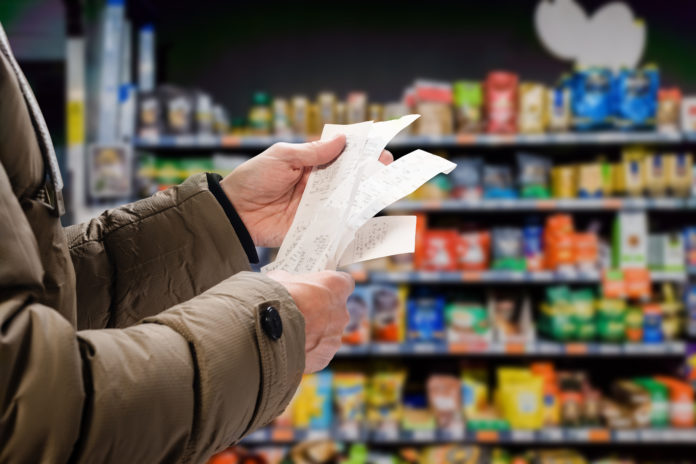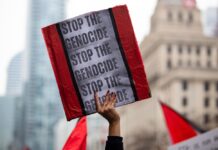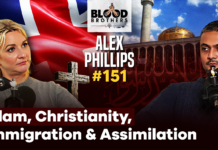Muslims in Bradford, Liverpool and Manchester are most in need of financial support amid the cost-of-living crisis, according to the National Zakat Foundation.
Using their in-house data, the charity said northern cities were more financially vulnerable than those in the south, with Glasgow and Sheffield also falling short of over £100,000 to support their Muslim communities.
In contrast, areas such as Redbridge, Westminster and Hammersmith and Fulham saw much greater Zakat surpluses.
Amid the cost of living crisis, the charity saw an influx of over 2,000 applications for financial support across its hardship, education, housing and work funds throughout Ramadan 2022.
With consumer costs up 9% since April 2021, NZF reports that many Muslims who were already close to the poverty line have now fallen under it.
Dr Sohail Hanif, CEO of NZF said: “More Muslims than ever gave their Zakat through NZF this year and this shows the level of care and support our community shows to each other.
“However, there are areas of the country where our funds are not keeping pace with the level of need. It’s vital that we remember the real, positive change that giving Zakat locally can have on people and families in our towns and cities here in the UK.”
Subscribe to our newsletter and stay updated on the latest news and updates from around the Muslim world!
The cities with the least Zakat surplus are:
- Bradford: – £126,247
- Liverpool: – £110,520
- Manchester: – £106,879
- Glasgow: – £96,504
- Sheffield: – £89,548
- Brent: – £79,855
- Gateshead: – £66,418
- Coventry: – £65,114
- Newcastle: – £56,079
- Cardiff: – £44,811
The areas with the highest Zakat surplus include:
- Redbridge: +£185,411
- Hammersmith and Fulham: +£81,837
- Merton: +£58,670
- Sutton: +£53,197
- Waltham Forest: +£49,917
- Cambridge: +£42,812
- Croydon: +£39,551
- Three Rivers: +£38,551
- Buckinghamshire: +£37,840
- Westminster: +£35,127
Over the past few months nearly everything has got more expensive, especially energy bills.
Analysts says that lockdowns around the world started the crisis, because restarting economies after putting them in a deep freeze takes time. That led to shortages across the board, including oil, gas and lorry drivers.
Inflation started rising even before Russia invaded Ukraine, food and energy price inflation is far higher, and the poorest households are facing 9% inflation, according to the Institute for Fiscal Studies.
Energy is the biggest pressure point right now with domestic bills rising at unprecedented rates.





















